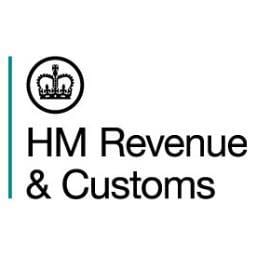How tax changes may affect landlords
Landlords may see a drop in their profits as changes that will limit the amount of tax relief they can claim on mortgage costs were announced in last weeks budget, relief will be restricted to the basic rate of income tax at 20%, to be phased in over 4 years from April 2017.
Tax experts explain that by investing through a limited company would give landlords another option as to how tax would be calculated, saying that it would be more efficient for higher and additional-rate tax payers, it is not neccessary to own a large portfolio of properties to benefit from a corporate structure.
The main tax benefit of holding properties within a company is that rental profits are taxed at the corporation tax rate of just 20pc. The Government announced this week that the rate would fall to 19pc in April 2017, and then to 18pc in April 2020. Landlords can take profits from the company as dividends and as from April next year only the first £5,000 of annual dividend income will be exempt from tax. However it should also be noted that there can be some downsides to owning property through a limited company, fewer mortgage products available to companies than individuals so rates may be worse, higher stamp duty costs for properties above £500,000, that is to name just two.
If anyone is unsure how the new changes work or how they can benefit from such changes should consult their accountant who could open up alternative ways of managing their property tax affairs to their advantage.









